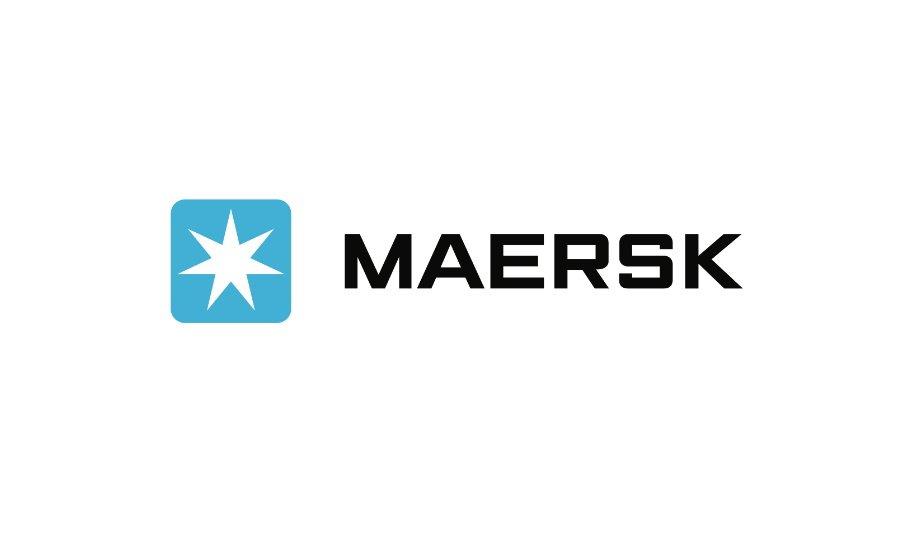Sustainability has become a vital topic among most companies in recent years as the impact of global warming has escalated at alarming rates. Although globalisation has a significant part to play in climate change, it doesn’t mean companies should cease international trade completely. In fact, due to the impact of the COVID-19 pandemic, global commerce now is needed more than ever to unite countries to manufacture and distribute essential supplies and vaccines.
The way forward is to rethink how to get what one needs today without the expense of tomorrow.
Speakers
In the Decarbonising Logistics webinar, Maersk spoke with experts Dr Sreepadaraj Karanam, Director of Sustainability Strategy at SABIC and Jackie Hong, ESS Professional from LG Energy Solutions, about how companies can implement sustainability strategies in their supply chain.
Maersk also brought in industry leaders from Maersk– Lee Sissons, Regional Head of Ocean Management at Asia Pacific; James Savagar, Head of Retail and Lifestyle at Greater China Area and Mads Stensen, Sustainability Development Manager - to discuss how the push for green solutions has impacted logistics.
Achieving net zero
Maersk aims to deliver 60% relative reduction in CO2 emissions by 2030 compared to 2008 levels Reaching carbon neutrality – also known as net zero – requires massive innovative solutions and fuel transformation within the next five to 10 years. For perspective, Maersk aims to deliver 60% relative reduction in CO2 emissions by 2030 compared to 2008 levels. Maersk also aims to have commercially viable, net zero carbon vessels already operating in the fleet. Maersk is already raising ambitions to have the first vessel ready by 2023. This would result in net zero CO2 emissions from all the ocean operations by 2050.
While this is seen as ambitious when Maersk first announced the goal in 2018, the 2050 net zero target is now definitely achievable. Maersk will continue leading the way to decarbonise logistics as fast as technically and commercially possible.
The power of collaboration
Companies can achieve net zero through active collaboration. Decarbonisation is almost impossible without working with a partner that is serious about the environment, and it requires the organisation to be actively involved in transforming the industry.
Maersk continues to engage with partners to advance research and development (R&D), and technology. Such partnerships include the Maersk Mc-Kinney Moller Center for Zero Carbon Shipping, The Ocean Cleanup initiative and The Clean Cargo Working Group.
Commitment towards reducing CO2
LG Energy Solution is another perfect example of impactful collaboration. The company has also set their eyes on achieving net zero by 2050. They have actively been introducing more renewable energy while communicating the importance of sustainable solutions to their partners.
To prove their commitment, LG Energy has recently joined the RE100 global initiative, which consists of companies committing to use 100% renewable energy by 2050. Several of LG ES’s plants around the world have already started using 100% renewable energy to power their facilities.
Leverage innovative solutions
Maersk aims to reduce CO2 emission in the fleet with greener fuels to power future vessels Companies need to think outside the box and clearly identify which aspect of their supply chain they can decarbonise. Maersk aims to reduce CO2 emission in the fleet with greener fuels to power future vessels. Maersk has also decided to skip transitional fuels to accelerate the reduction in greenhouse gas emissions. One of the innovative biofuel ships uses cooking oil.
Similarly, SABIC is turning their ocean fleet green by using dual-fuel ships based on natural gas to reduce carbon, nitrogen oxide and sulphur emissions. On land, they are also working on more sustainable vehicles by using electric trucks to transfer materials between plants and external warehouses, which resulted in a 16-ton reduction in CO2 emissions.
SABIC is also working with industry partners to develop a pilot project that harnesses blockchain technology which can enable smoother cross-border trade in the region, which can enable smoother cross-border trade in the region, accelerate speed of processing by 60%, minimise paper documentation and achieve potential cost savings.
Take the step now
Companies need to act now. Climate change has been increasingly important in recent years and with reason. Global temperatures are rapidly rising, and the amount of CO2 emitted to the atmosphere is ballooning despite various efforts.
One is far from where one should be, and the current efforts are not enough if one is serious about reducing CO2 emissions globally. The hottest year ever recorded is 2020 and experts have warned the approach of catastrophic tipping points in the climate system. Need to limit the global temperature increase in this century to 2 degrees Celsius above preindustrial levels, while pursuing the means to limit the increase to 1.5 degrees. While people are running out of time, it is heartening to see leaders recognising the urgency as well.
Lee Sissons, Regional Head of Ocean Management at Asia Pacific shared that customers are already seeking help from Maersk to decarbonise their supply chains. But more can and should be done to stop climate change. In all, being sustainable starts with a choice to work with the right partner. With Maersk, one will achieve decarbonisation together - all the way.













